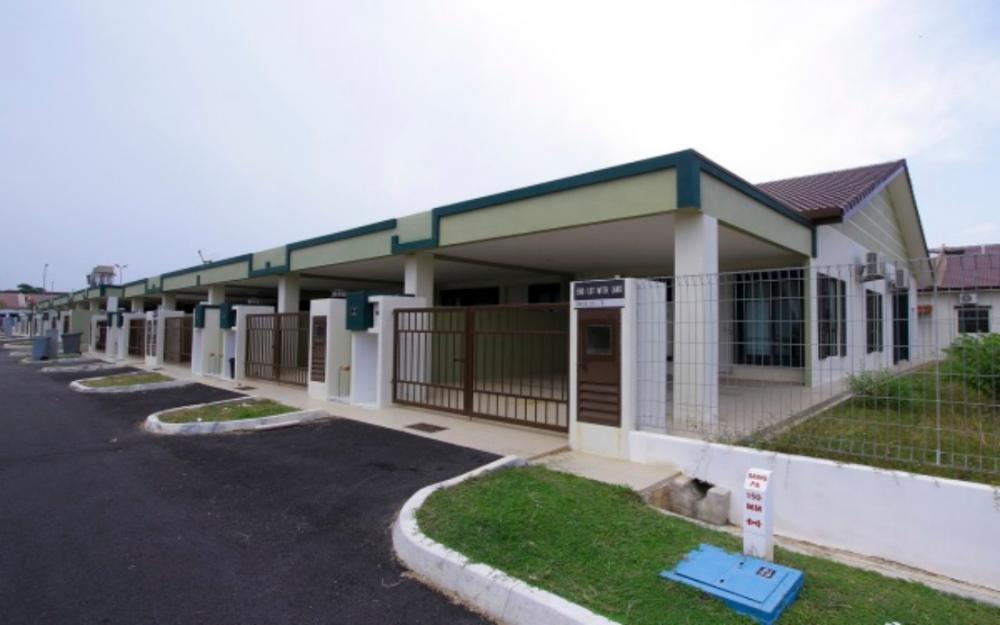THERE is some confusion regarding the tax treatment of contributions made to the state government by property developers. These contributions can colloquially be referred to as a “levy” or a payment to allow property developers to release unsold bumiputera units to non-bumiputeras.
Many cases have been brought to the courts and the decisions have gone in favour of both the developers and the Inland Revenue Board (IRB).
The IRB is constantly challenging the deductibility of such payments.
How the mechanism works
Normally, bumiputera discounts range from 7% for commercial units to 10% for residential units. In the event bumiputera units are not sold at the end of a project, a developer, for example in Selangor, can apply to the Majlis Mesyuarat Kerajaan Negeri (MMKN) for the units to be released to non-bumiputeras after the developer has at least advertised the project for three months. Once MMKN has given its approval, the units can be sold to non-bumiputera purchasers on the condition that a sum equal to the bumiputera discount is paid to Lembaga Perumahan dan Hartanah Selangor. In the event the developer sells the developer units to the non-bumiputera buyers before MMKN’s approval is obtained, a penalty of 5% will be imposed.
Breaking down the issues
The decision by the courts to allow a deduction or not is primarily based on whether the payment is a penalty or is an expenditure incurred in the production of income. The courts have also considered whether this is a pure contribution to the state government, or is it a payment to remove an obstacle to running the business, or is it a capital payment?
It is clear when developers fail to meet the initial requirements of MMKN and a penalty has been imposed, such a payment is not deductible on the grounds that a penalty is imposed on the infringement of the law, and therefore not a deductible expense in running the business or generating the income. Therefore the 5% penalty imposed by the state government for the non-compliance where. for example. the developer sells the property before the completion of the project or fails to meet the conditions imposed by the state is not deductible.
However, the contribution made to the state government which is equivalent to the bumiputera discount is intended to sell the properties that would not have been sold, and thereby producing revenue for the property developer will be tax deductible. It is effectively removing an obstacle for generating the sales. These payments are not capital expenditure that provides a permanent benefit to the developer. This is merely a payment that is of a temporary nature to unlock the sales.
Another viewpoint that has been discussed in the courts is that the expenditure could be deductible on the grounds that it is simply a contribution to the state government which is specifically allowed in the Income Tax Act 1967 which should be deductible.
Disputes should be avoided through engagements
It is high time that property developers and the IRB sit down and agree a set of criteria which clearly spell out the situations where property developers will be given a tax deduction for such payments, or otherwise. Challenging the property developers does not help the country and disallowing such expenses merely adds to the cost of properties which ultimately gets passed on to the property buyers.
This article is contributed by Thannees Tax Consulting Services Sdn Bhd managing director
SM Thanneermalai (www.thannees.com).









